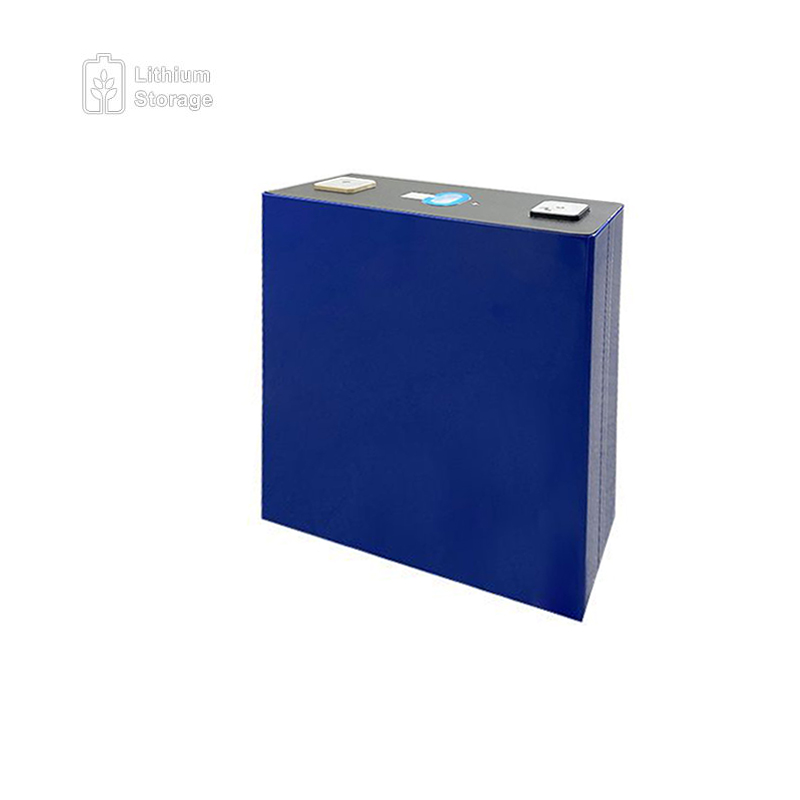How Does Advanced Industrial and Commercial Energy Storage System Work?
# How Does Advanced Industrial and Commercial Energy Storage System Work?
In the pursuit of efficiency and sustainability, the demand for advanced energy storage systems in industrial and commercial sectors is rapidly growing. These systems play a crucial role in harnessing renewable energy, ensuring grid stability, and reducing energy costs. In this article, we will explore the working mechanisms of advanced industrial and commercial energy storage systems and their benefits.
## Understanding Energy Storage Systems.
Energy storage systems (ESS) are designed to store energy generated at one time for use at a later time. This capability allows businesses and industries to leverage renewable energy sources, manage energy supply and demand, and mitigate the impact of peak power demands. .
## Types of Energy Storage Technologies.
1. **Batteries:**.
- Lithium-ion batteries are the most prevalent due to their high energy density, efficiency, and long cycle life. They are scalable and suitable for a wide range of applications.
- Flow batteries, such as vanadium redox flow batteries, offer the advantage of long-duration energy storage and the ability to cycle frequently without degradation.
2. **Thermal Storage:**.
- Thermal energy storage systems store heat or cold energy generated from various processes, which can be used later for heating, cooling, or power generation.
3. **Mechanical Storage:**.
- Methods like pumped hydro storage, flywheels, and compressed air energy storage (CAES) store energy in mechanical forms and release it when required. .
## How Do Energy Storage Systems Work?
### Energy Capture.
Energy storage begins with the capture of excess energy during periods of low demand or high production. For example, solar panels or wind turbines may generate more electricity than needed at certain times. This surplus energy is then directed to the storage system.
### Conversion and Storage.
Depending on the type of storage technology, the captured energy undergoes a conversion process:
- **Batteries** use chemical reactions to store electrical energy. When a battery is charged, electrical energy converts to chemical energy and is stored within the battery cells.
Additional reading:How to Choose the Right Round Cooling Towers?
4 Tips to Select the Perfect Solar Energy Solution
Top Benefits of FRP Manhole Covers: Why Choose Them Now?
How Does Solar Energy 5kW Work?
Key Questions to Ask When Choosing a Solar Panel for Your Home
Choosing the Right Power Inverter for Home Appliances
Solar Panels: The Basics You Want to Know
- **Thermal storage** either heats or cools a medium (like water, molten salts, or ice) to store energy.
- **Mechanical storage** systems like pumped hydro use excess electricity to pump water to a higher elevation, storing it as gravitational potential energy.
### Energy Discharge and Usage.
When the stored energy is needed, the ESS works in reverse:
- **Batteries** convert the stored chemical energy back to electrical energy, which can be fed into the grid or used directly by facilities.
- **Thermal storage** releases the stored heat or cold energy through heat exchangers or similar systems.
- **Mechanical storage** systems like pumped hydro allow water to flow back down, spinning turbines to generate electricity.
### Energy Management and Efficiency.
Advanced ESS often include intelligent energy management systems. These systems optimize when and how energy is stored and discharged based on real-time demand, energy prices, and grid conditions. This smart operation enhances overall efficiency and cost-effectiveness.
## Benefits of Advanced Energy Storage Systems.
Implementing advanced energy storage systems provides several advantages:
- **Grid Stability:** ESS can act as a buffer, absorbing fluctuations and ensuring a stable power supply.
- **Cost Savings:** By storing energy when prices are low and using it during peak times, businesses can significantly lower their energy costs.
- **Renewable Integration:** ESS facilitates the integration of intermittent renewable energy sources, reducing reliance on fossil fuels.
- **Energy Security:** Facilities can achieve greater energy independence and resilience, particularly important for critical infrastructure.
In conclusion, advanced industrial and commercial energy storage systems are pivotal in the transition to a more sustainable and efficient energy future. For more information or to explore how these systems can benefit your organization, don't hesitate to contact us.
If you want to learn more, please visit our website cheap containerized battery energy storage system, c&i power.
Additional reading:Can A 300 Watt Solar Panel Run A Refrigerator?
How Wall-Mounted Charging Piles Promote Sustainable Transportation?
Customized EV Charging Piles: Powering a Greener Future
Zap Your Way to Energy Freedom: Battery Energy Storage Systems Unleashed!
Are LFP Prismatic Cells the Future of Retail Energy?
Navigating the LFP Cell Price Terrain
Powering the Future: Unleashing the Potential of LiFePO4 50Ah Batteries











